The Perfect Leader
John Ruskin said, “The highest reward for a person’s toil is not what they get for it, but what they become by it.”
How is your work transforming you?
Since the ministry is not without its difficulties, some who serve in the local church let the long-hours, low pay, unseen results, and undeserved criticism make them bitter and disillusioned. It’s a tough temptation to resist, but there’s a better way to respond to difficulties.
The book of Hebrews says that Christ was made perfect through his sufferings. This is not referring to Christ’s sinless perfection; he had already achieved that. In this context, “perfect” refers to how he fully realized his potential — how he fully accomplished the mission that God had given him.
How was this accomplished? Through suffering. His suffering brought many to salvation.
And it was only right that God — who made everything and for whom everything was made — should bring his many children into glory. Through the suffering of Jesus, God made him a perfect leader, one fit to bring them into their salvation. (Hebrews 2:10 NLT)
Your work may involve difficulty and hardship. Like Christ, your suffering can make you a perfect leader — it can enable you to fully realize your potential and fully accomplish God’s plan for your life.
Remember that the greatest reward for your work is not a pat on the back or an increase in pay.
The greatest reward is the transformation of who you are into the likeness of Christ… and the opportunity to hear the ultimate words of approval: “Well done, thou good and faithful servant.”


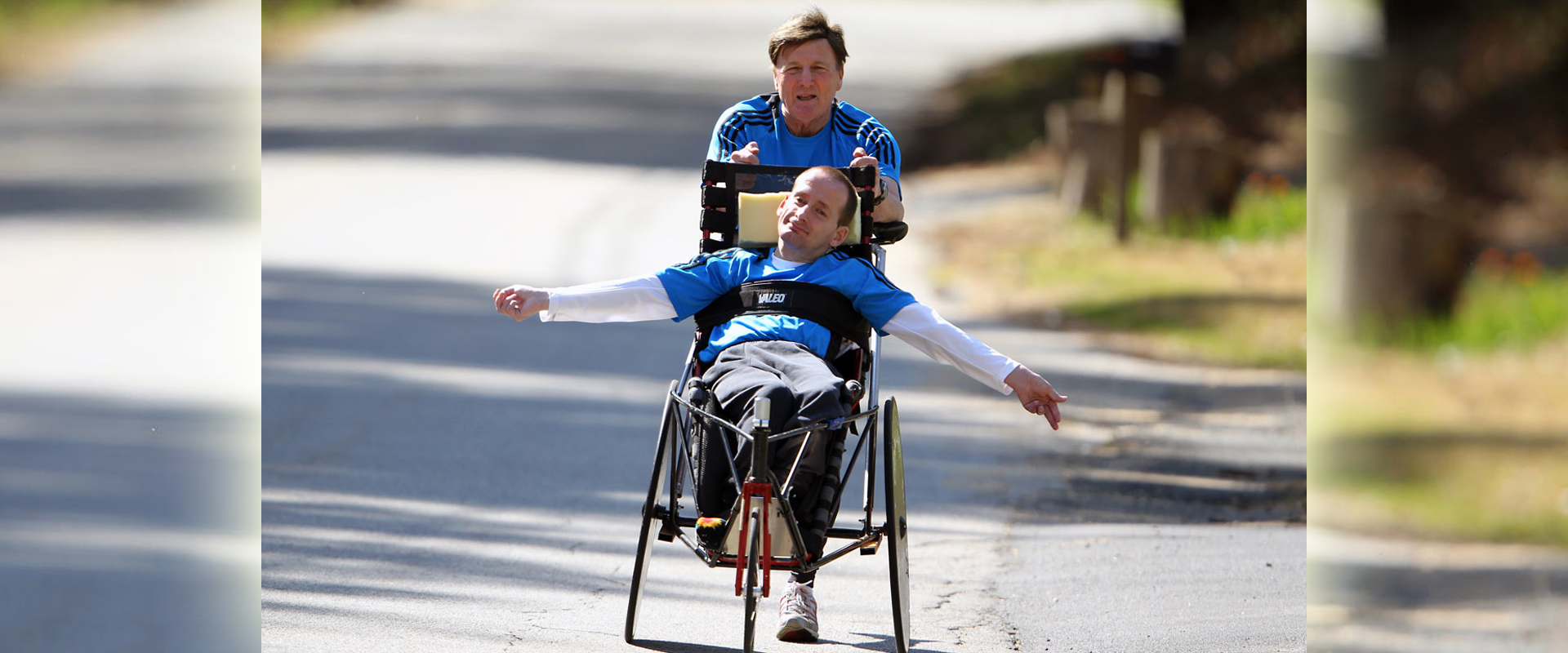

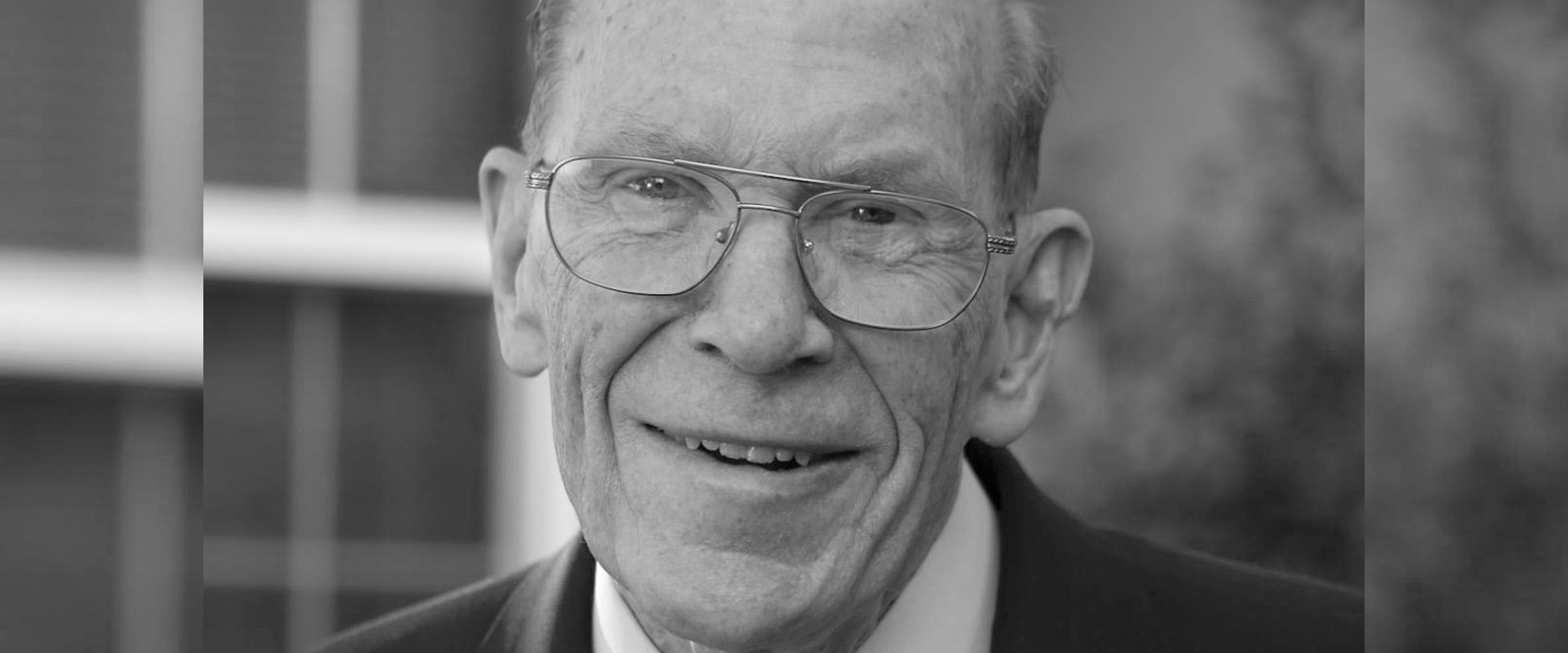
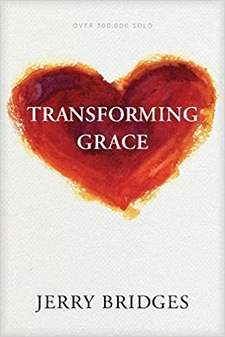
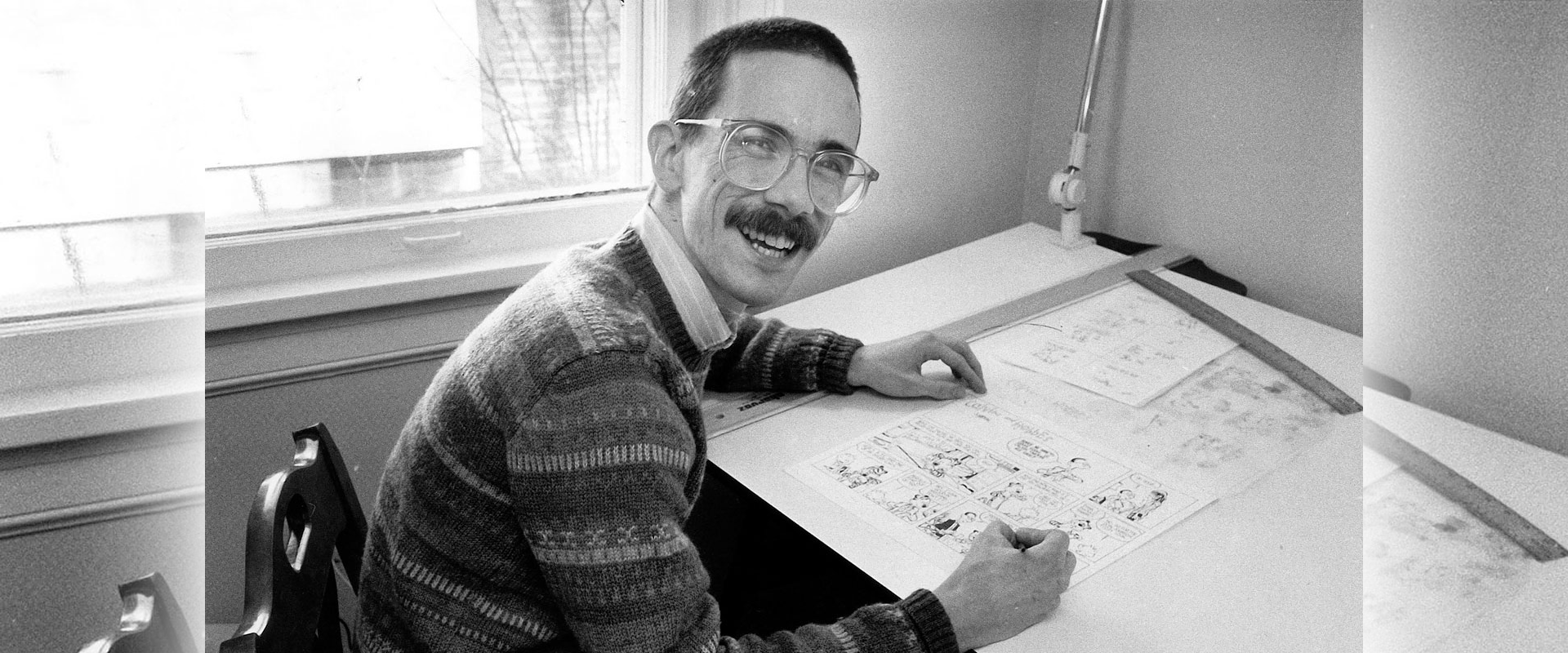



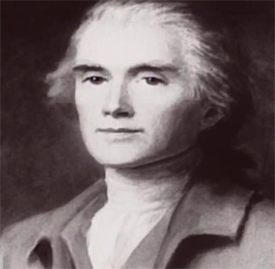 Patrick Henry’s primary contribution to the history books is the phrase “Give me liberty or give me death.”
Patrick Henry’s primary contribution to the history books is the phrase “Give me liberty or give me death.”
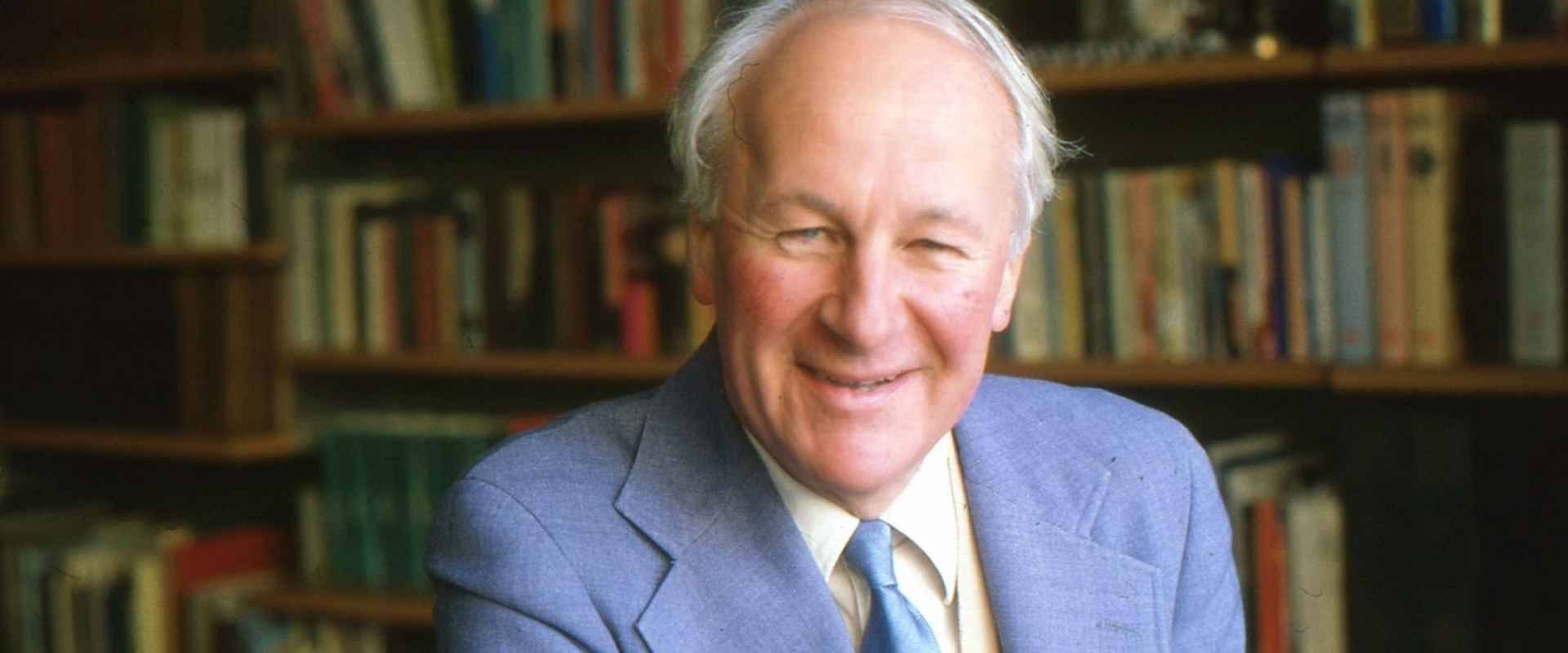


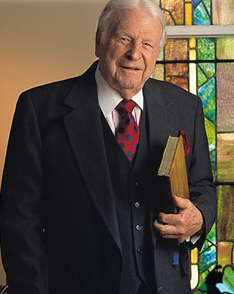 There’s a story in W.A. Criswell’s biography that illustrates how you can never measure the impact of your ministry.
There’s a story in W.A. Criswell’s biography that illustrates how you can never measure the impact of your ministry.